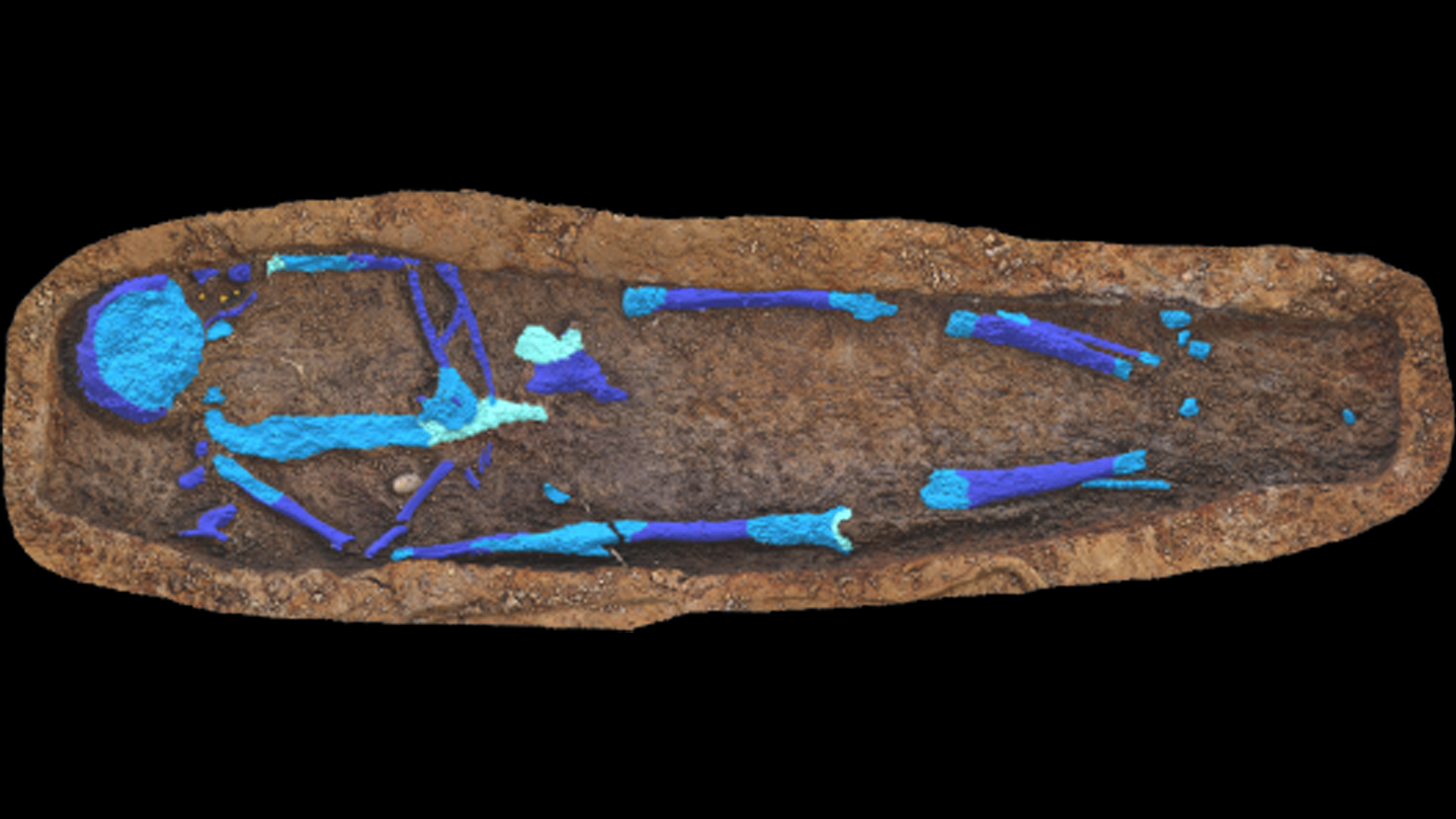Pharmaceutics, Vol. 15, Pages 452: Peptide Vaccines in Melanoma: Chemical Approaches towards Improved Immunotherapeutic Efficacy
Pharmaceutics doi: 10.3390/pharmaceutics15020452
Authors: Beáta Biri-Kovács Zoltán Bánóczi Anitha Tummalapally Ildikó Szabó
Cancer of the skin is by far the most common of all cancers. Although the incidence of melanoma is relatively low among skin cancers, it can account for a high number of skin cancer deaths. Since the start of deeper insight into the mechanisms of melanoma tumorigenesis and their strong interaction with the immune system, the development of new therapeutical strategies has been continuously rising. The high number of melanoma cell mutations provides a diverse set of antigens that the immune system can recognize and use to distinguish tumor cells from normal cells. Peptide-based synthetic anti-tumor vaccines are based on tumor antigens that elicit an immune response due to antigen-presenting cells (APCs). Although targeting APCs with peptide antigens is the most important assumption for vaccine development, peptide antigens alone are poorly immunogenic. The immunogenicity of peptide antigens can be improved not only by synthetic modifications but also by the assistance of adjuvants and/or delivery systems. The current review summarizes the different chemical approaches for the development of effective peptide-based vaccines for the immunotherapeutic treatment of advanced melanoma.

 1 year ago
30
1 year ago
30


